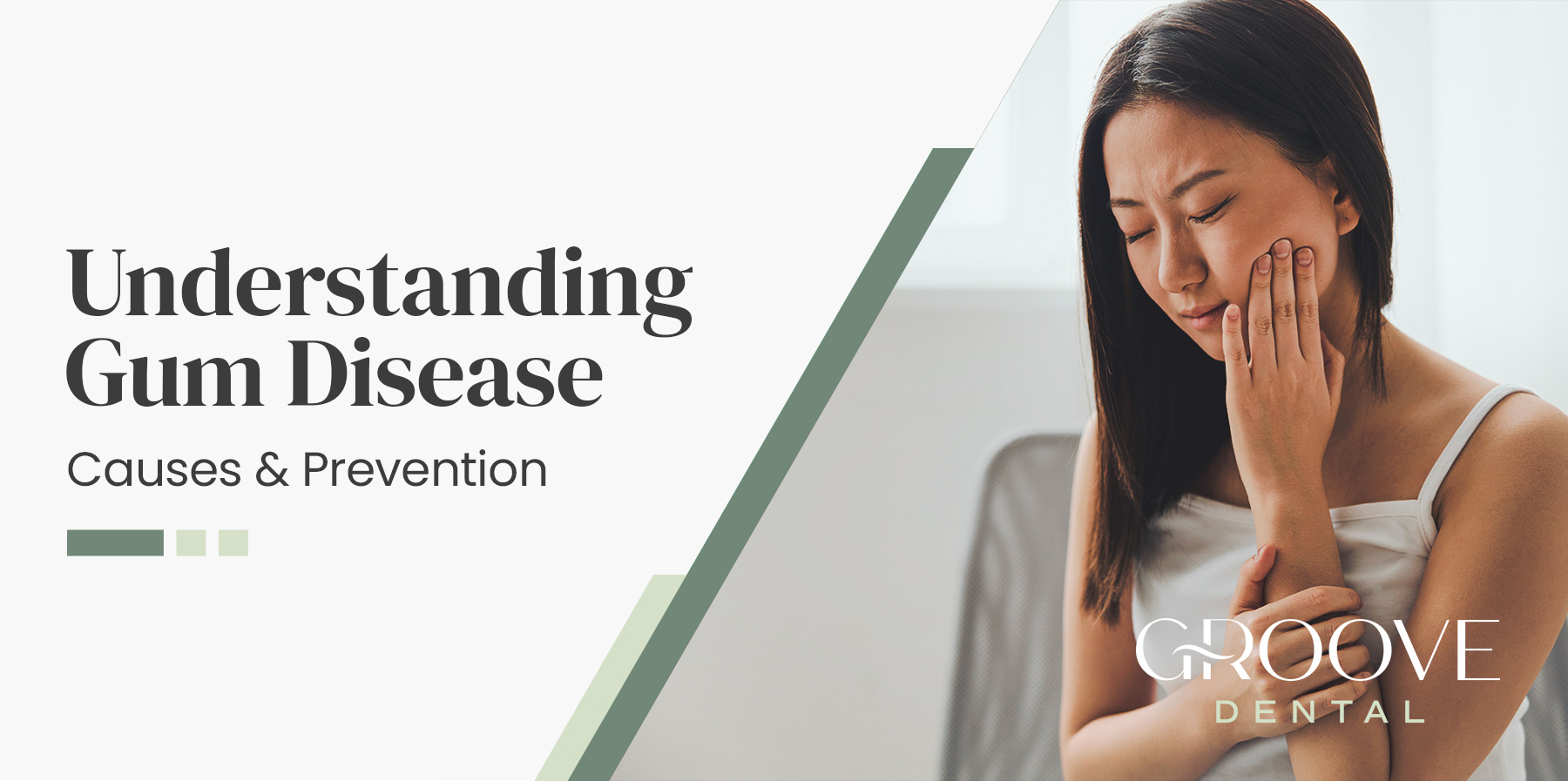Understanding Gum Disease: Causes and Prevention
Gum disease, also known as periodontal disease, is a common oral health issue that can have serious consequences if left untreated. It begins with inflammation of the gums (gingivitis) and can progress to more severe forms, potentially leading to tooth loss. Understanding the causes and taking proactive steps to prevent gum disease is crucial for maintaining a healthy smile.
Common Causes of Gum Disease
Poor Oral Hygiene
Inadequate brushing and flossing are leading causes of gum disease. When plaque—a sticky film of bacteria—builds up on teeth, it can harden into tartar, which irritates the gums and leads to infection.
Smoking and Tobacco Use
Smoking is strongly associated with gum disease. Tobacco weakens the immune system, making it harder for the body to fight off gum infections and increasing the likelihood of developing periodontal disease.
Hormonal Changes
Hormonal fluctuations during pregnancy, menstruation, or menopause can make gums more sensitive and susceptible to inflammation, increasing the risk of gum disease.
Poor Nutrition
A diet lacking in essential nutrients can impair the body’s ability to fight infections, including those in the gums. A deficiency in vitamins like C and D, and minerals like calcium, can weaken oral health.
Diabetes
People with diabetes are more prone to gum disease, as high blood sugar levels can lead to dry mouth and reduced saliva production, creating a favorable environment for bacterial growth.
Genetics
Genetics can play a role in your susceptibility to gum disease. If gum disease runs in your family, you may have an increased risk.
Medications
Certain medications can reduce saliva flow, causing dry mouth and encouraging plaque buildup. Medications for blood pressure, antidepressants, and antihistamines are common culprits.
Proactive Steps to Prevent Gum Disease
Daily Brushing and Flossing
Brush at least twice a day with fluoride toothpaste, and floss daily to remove plaque and food particles between teeth. Paying special attention to the gum line is essential for reducing plaque buildup.
Regular Dental Checkups
Visit your dentist regularly for professional cleanings and exams. Regular checkups allow your dentist to detect early signs of gum disease and provide treatment before it progresses.
Balanced Diet
Eat a diet rich in vitamins and minerals to promote healthy gums. Incorporate leafy greens, fruits, lean proteins, and dairy to support strong teeth and gums.
Stay Hydrated
Drink plenty of water throughout the day to help wash away food particles and bacteria. Water also helps maintain saliva production, which naturally cleanses the mouth.
Quit Smoking
If you smoke or use tobacco products, quitting can significantly reduce your risk of developing gum disease. Seek support from healthcare professionals to kick the habit.
Manage Stress
Stress can weaken the immune system, making it harder for the body to fight off infections, including those in the gums. Managing stress through relaxation techniques can benefit both your oral and overall health.
Conclusion
Gum disease is preventable with the right care and habits. By addressing risk factors like poor hygiene, smoking, and diet, and maintaining a consistent oral care routine, you can protect your gums and prevent the onset of periodontal disease. Regular visits to the dentist will further support your efforts in maintaining strong, healthy gums for life.




